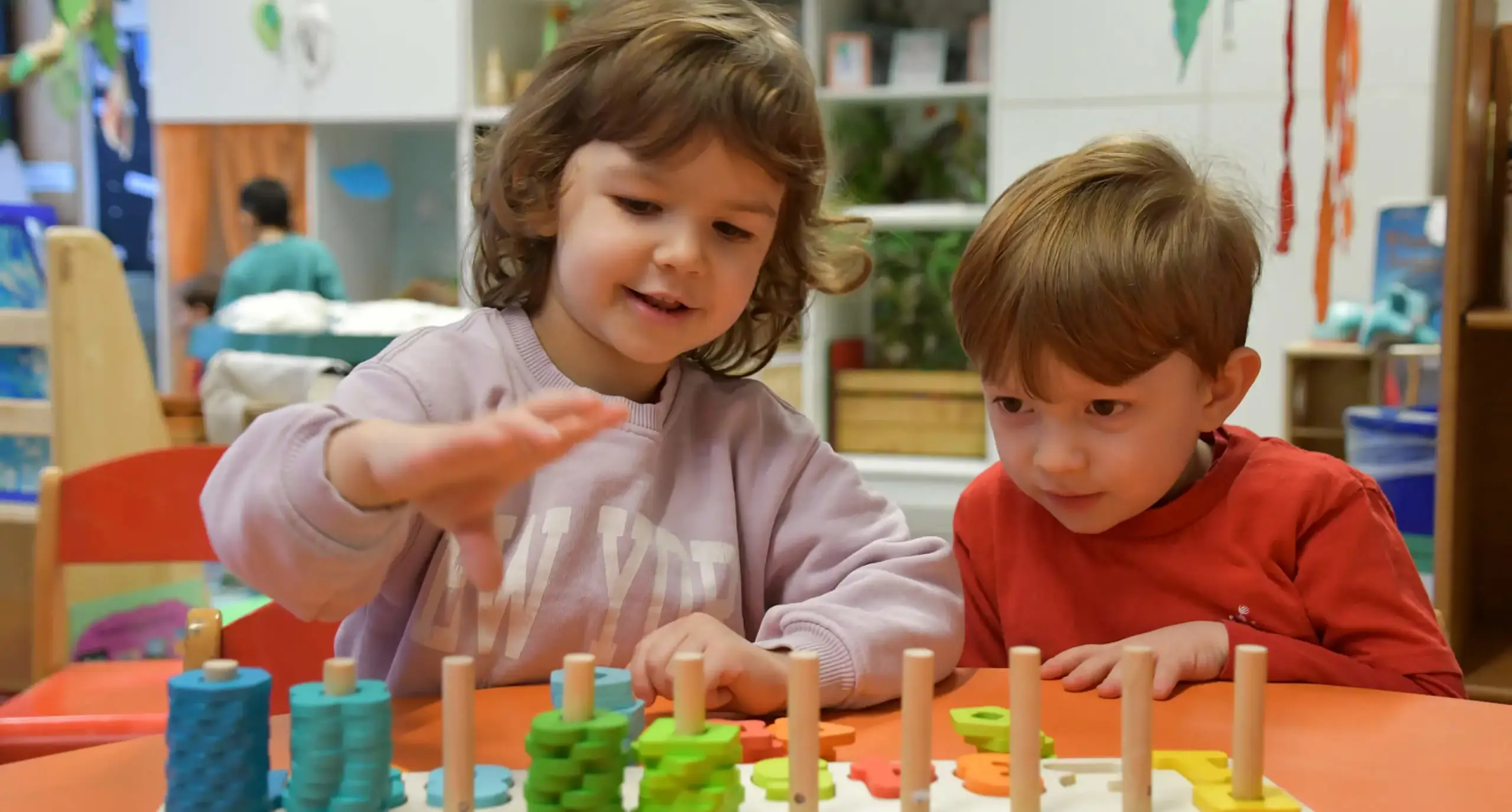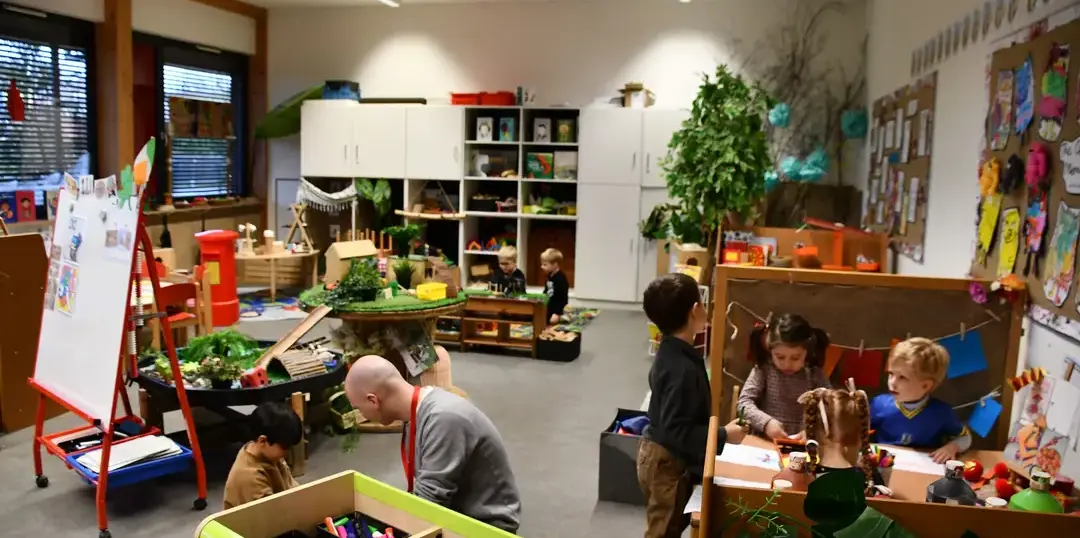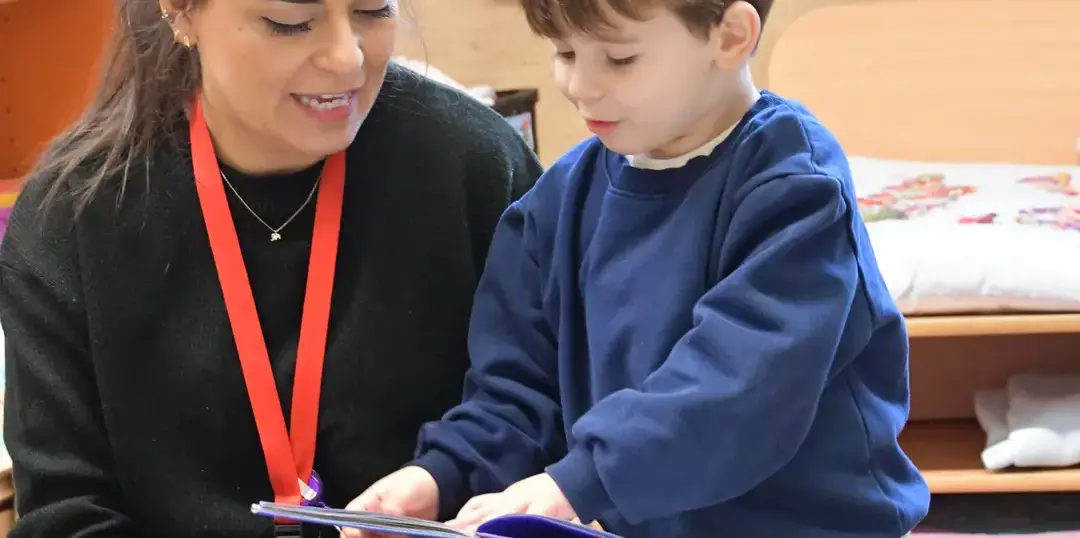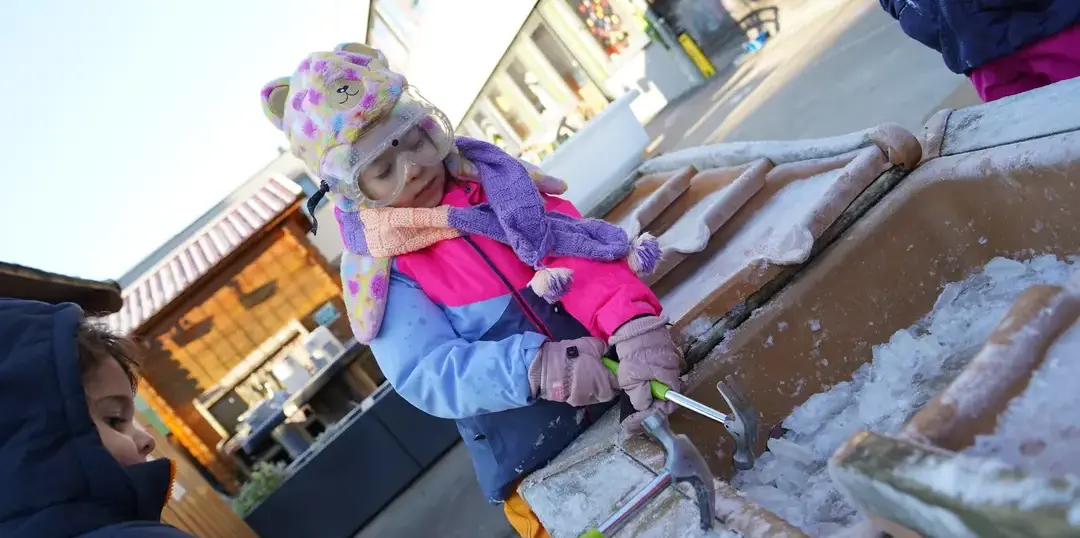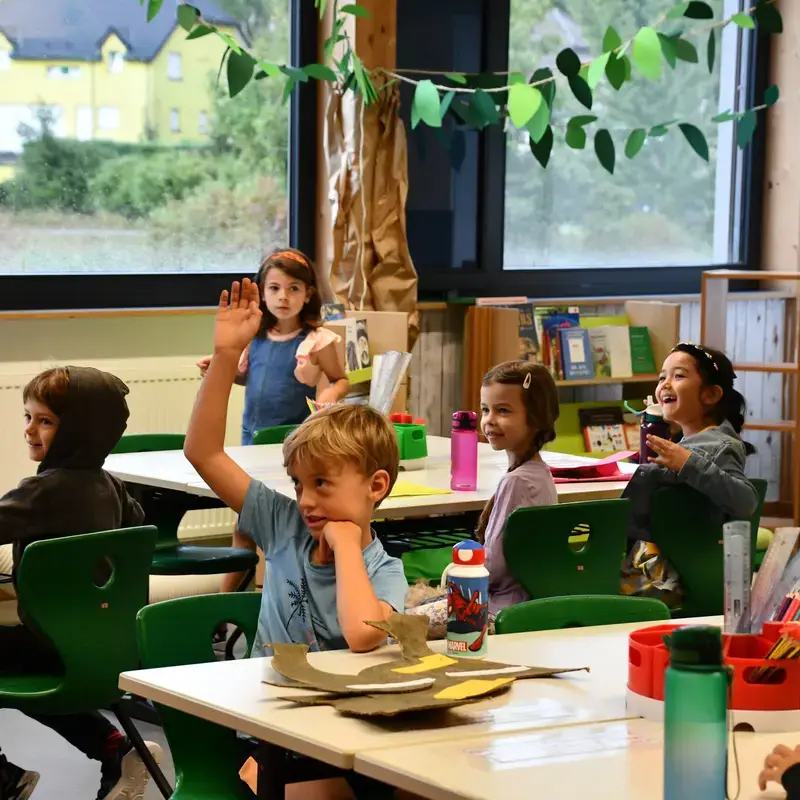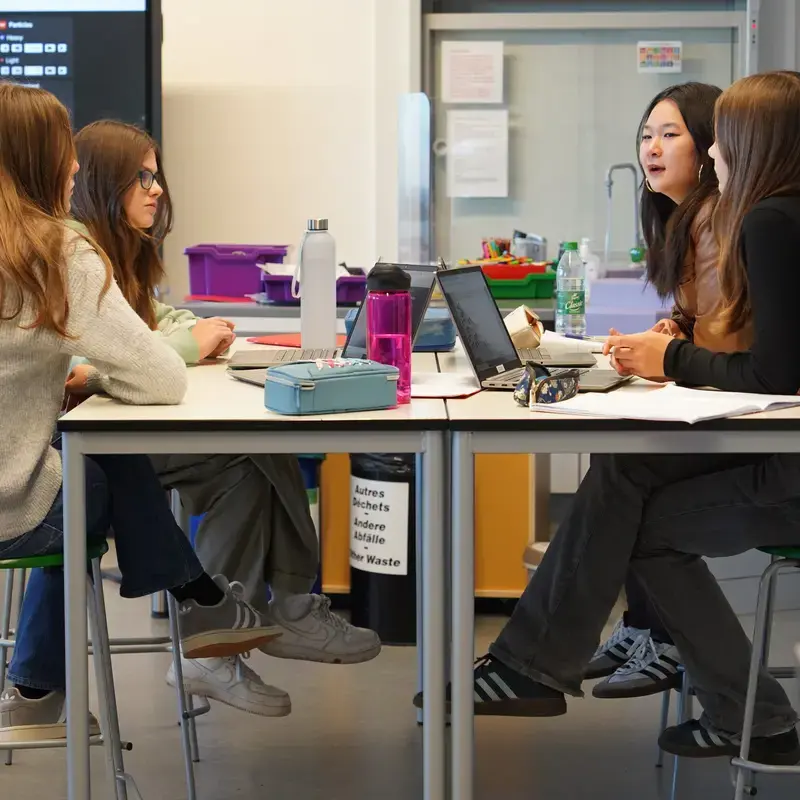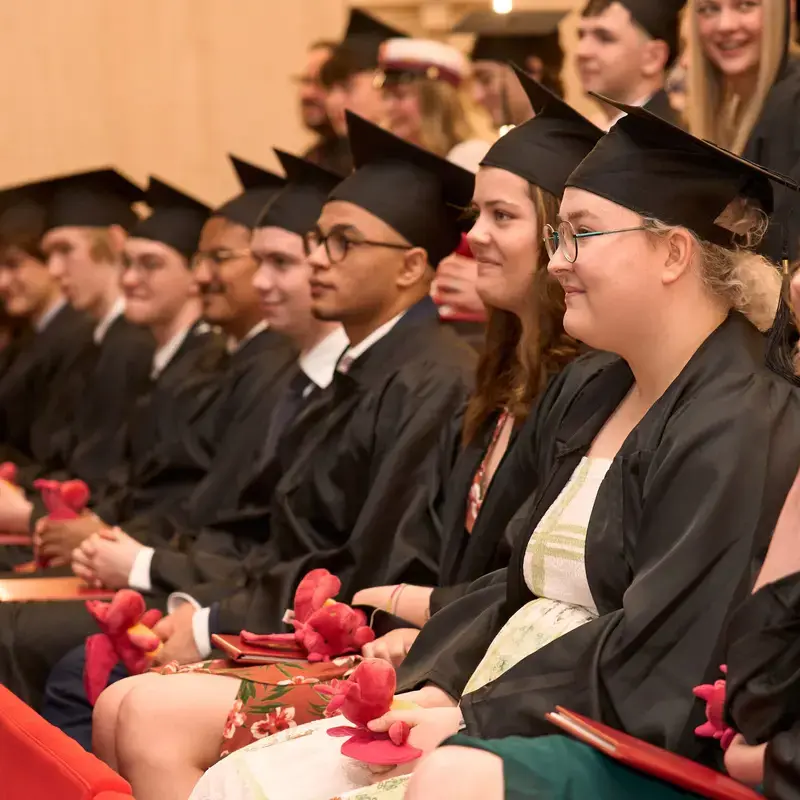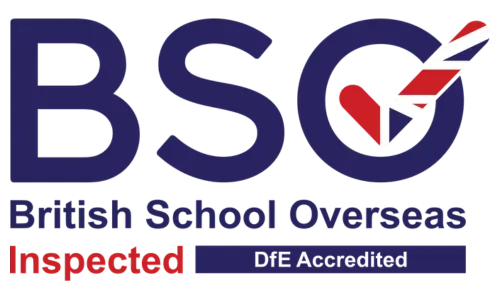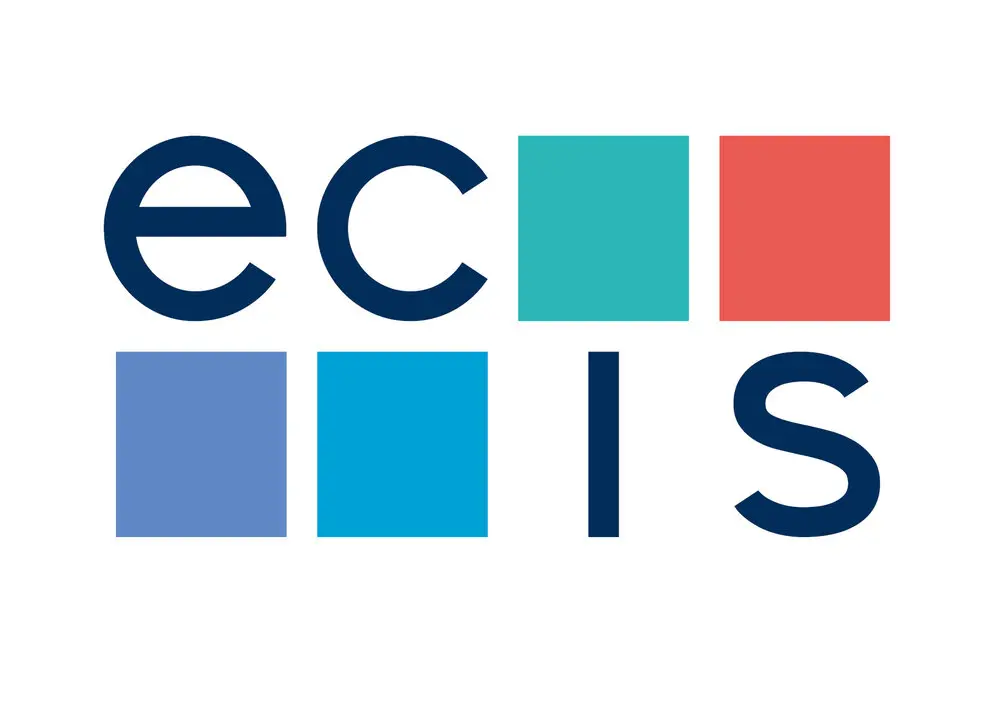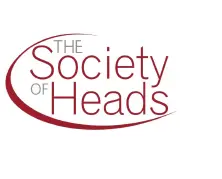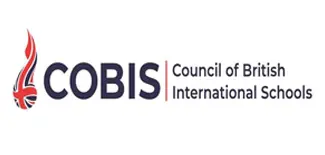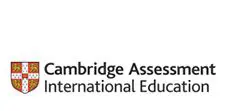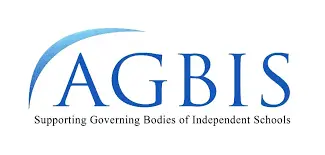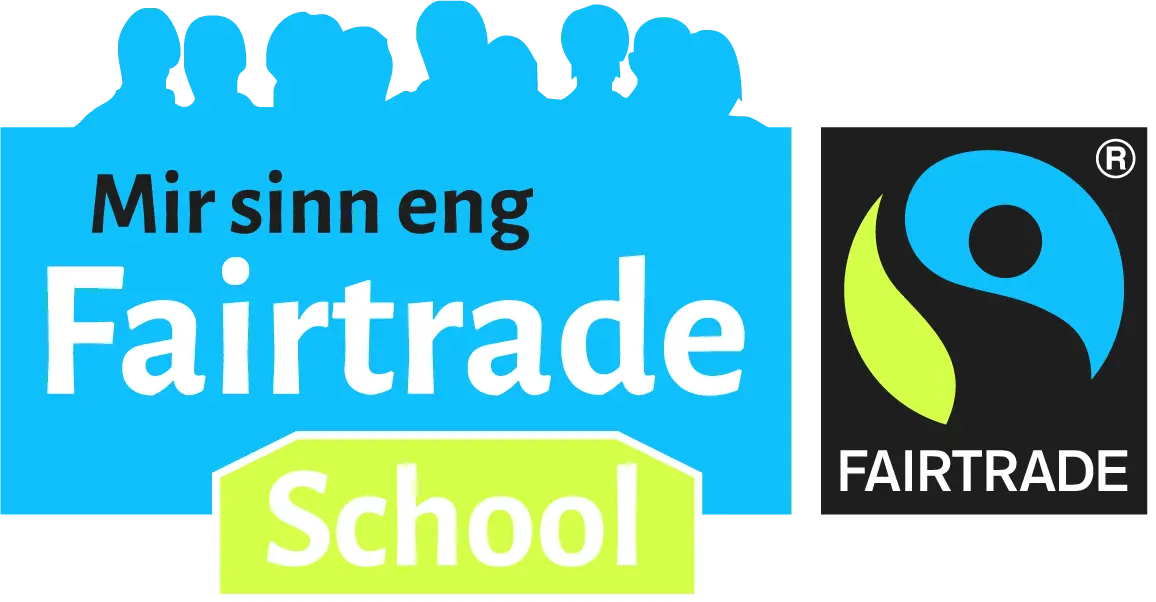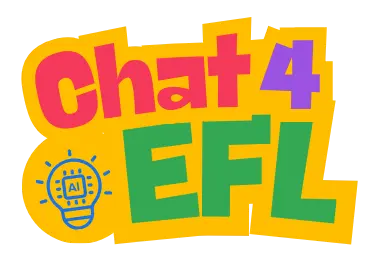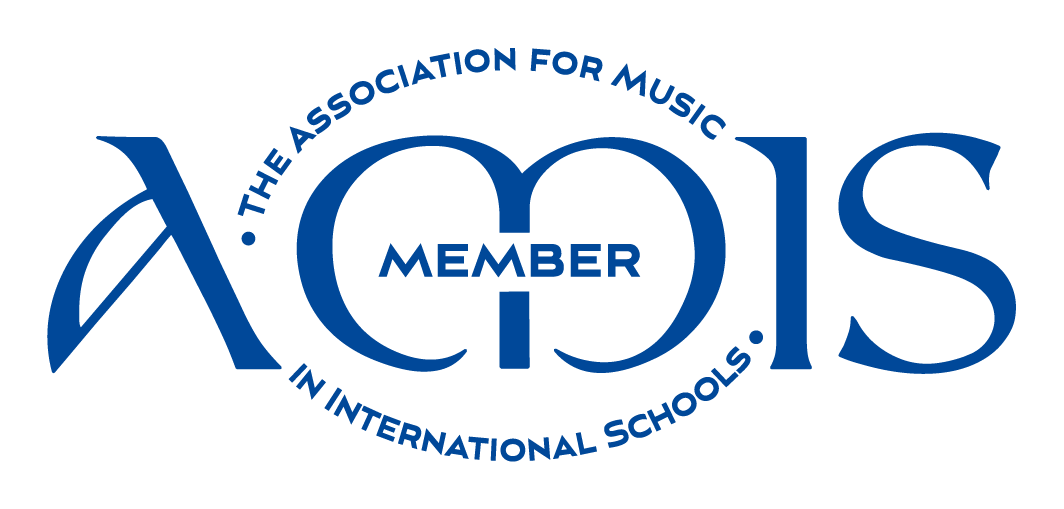STUDENT JOURNEY
Early Years
Our Early Years Foundation Stage (EYFS) programme for students aged 3-4 is a time of joy and wonder for our youngest students.
The day is carefully designed to provide a balance of structured learning, child-initiated play and meaningful interactions with adults. At the heart of our EYFS approach is our belief that children learn best through play, exploration and positive relationships. Our EYFS framework provides the best start in education by fostering a love for learning, resilience and essential skills, laying the foundations for lifelong learning.
Class sizes in EYFS are limited to 20 students, ensuring each child receives high-quality adult interaction and individualised support. Each class benefits from having a class teacher and a teaching assistant, ensuring children feel secure, valued and known.
A typical day in Early Years
Each day follows a familiar rhythm to provide security and predictability for our youngest learners, while also allowing flexibility to respond to children's interests and need.
| Welcome and settling in |
|---|
| Children are greeted warmly by staff, with opportunities for free play and exploration as they get organised and ready to start their learning. |
| Morning carpet time |
| A short whole-class session that may include phonics, storytelling, singing, or discussing the day's focus. |
| Child-initiated learning |
| Children are encouraged to explore different areas of learning, both indoors and outdoors, through play. Adults engage with children, extending learning through open-ended questioning and modelling. |
| Snack time |
| A social time that also supports independence and communication. |
| Adult-led focus activities |
| Small group work led by our teachers and teaching assistants, with cross-curricular links between the seven areas of learning: Communication and Language, Personal, Social and Emotional Development, Physical Development, Literacy, Mathematics, Understanding the World, Expressive Arts and Design. |
| Outdoor learning and forest school |
| Gross motor skills are developed through climbing, running, water play or gardening, and developing our knowledge of biodiversity, wildlife and health and safety skills beyond the classroom. |
| Mid-morning carpet time |
| A short whole-class session that may include developing numeracy and mathematical skills using concrete, pictorial and abstract models and reasoning. |
| Lunch and quiet time |
| An opportunity for social development and rest. |
| Afternoon carpet time |
| A short whole-class session including our book-based learning and developing early mark-making and literacy skills. |
| Storytime and reflection |
| The day ends with a shared story and a review of the day’s learning. |
Our EYFS framework
EYFS does not separate learning into rigid subjects, but instead follows the seven areas of learning in the EYFS framework.
Prime areas of learning:
- Communication and language: Through conversations, storytelling and songs to develop vocabulary and confidence.
- Physical development: Including fine and gross motor activities, from mark-making to outdoor play.
- Personal, social and emotional development: Encouraging friendships, emotional regulation/resilience and independence.
Specific Areas of Learning:
- Literacy: Phonics, early reading and mark-making, supported through high-quality texts and storytelling.
- Mathematics: Play-based activities that introduce numbers, patterns, shapes and problem-solving, using our school Concrete Pictorial and Abstract approach.
- Understanding the world: Exploring nature, people and communities, past and present events, and the wider world through active learning and hands-on experiences.
- Expressive arts and design: Using music, role play, arts, crafts and construction to develop creativity.
All areas are covered through a mixture of adult-led and play-based learning, real-world experiences, and a carefully planned curriculum that follows children's interests and developmental needs.
Why Nursery?
Children in Luxembourg who are 4 years old by 1 September must start school in that school year. At St George’s that year is called Reception, however we offer an option for students to join Nursery when they are 3 years old.
Enrolling in a Nursery setting provides children with high-quality early learning experiences that go beyond childcare.
Key benefits include:
- Structured learning environment: EYFS settings offer a carefully planned curriculum tailored to early childhood development.
- Social and emotional growth: Children develop vital social skills such as cooperation, turn-taking and communication.
- Qualified Early Years practitioners: Staff are trained to support learning through play, pedagogy, and develop early literacy and numeracy skills.
- School readiness: Nursery provides a smooth transition to Reception, ensuring children are confident and prepared.
- Stimulating learning opportunities: From outdoor exploration to creative arts, children engage in meaningful learning experiences daily.
We go above and beyond to provide an exceptional EYFS experience. Our EYFS setting provides the foundation for a happy, successful learning journey, ensuring children leave Reception confident, capable and excited about the next stage of their education.Cigdem Duztepe, Director of EYFS
LEARN MORE
Student Journey
Continue exploring St George's!

